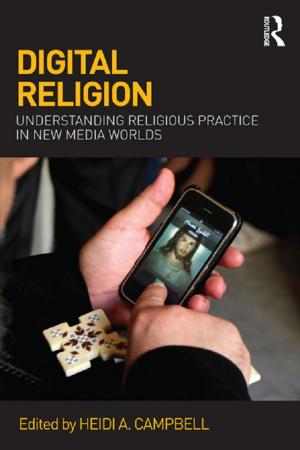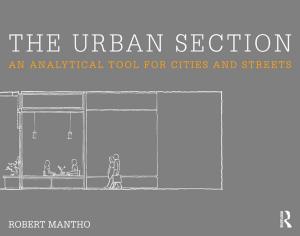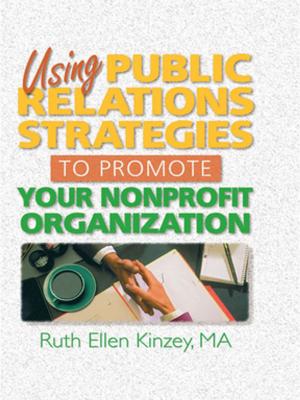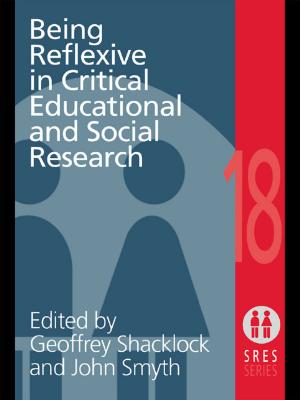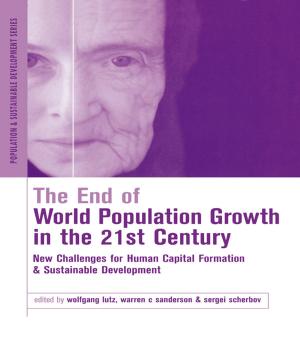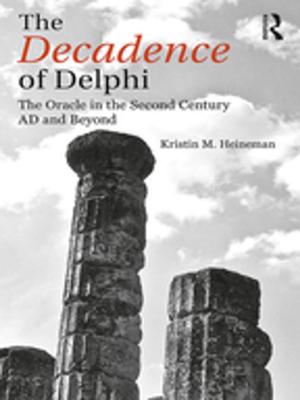Tourism and Poverty Reduction
Principles and impacts in developing countries
Business & Finance, Industries & Professions, Hospitality, Tourism & Travel| Author: | ISBN: | 9781317387015 | |
| Publisher: | Taylor and Francis | Publication: | October 2, 2017 |
| Imprint: | Routledge | Language: | English |
| Author: | |
| ISBN: | 9781317387015 |
| Publisher: | Taylor and Francis |
| Publication: | October 2, 2017 |
| Imprint: | Routledge |
| Language: | English |
Over the past decade, there have been an increasing number of publications that have analysed and critiqued the potential of tourism to be a mechanism for poverty reduction in less economically developed countries (LEDCs). This book showcases work by established and emerging researchers that provides new thinking and tests previously made assumptions, providing an essential guide for students, practitioners and academics.
This book advances our understanding of the changes and ways forward in the field of sustainable tourism development. Five main themes are illustrated throughout the book: (1) measuring impacts of tourism on poverty; (2) the need to evaluate whether interventions that aim to reduce poverty are effective; (3) how unbalanced power relations and weak governance can undermine efforts; (4) the importance of the private sector’s use of pro-poor business practices; and (5) the value of using multidisciplinary and multi-method research approaches. Furthermore, the book shows that academic research findings can be used practically in destinations, and how practitioners can benefit from sharing their experiences with academic scholars.
This book was based on a special issue and various articles from the Journal of Sustainable Tourism.
Over the past decade, there have been an increasing number of publications that have analysed and critiqued the potential of tourism to be a mechanism for poverty reduction in less economically developed countries (LEDCs). This book showcases work by established and emerging researchers that provides new thinking and tests previously made assumptions, providing an essential guide for students, practitioners and academics.
This book advances our understanding of the changes and ways forward in the field of sustainable tourism development. Five main themes are illustrated throughout the book: (1) measuring impacts of tourism on poverty; (2) the need to evaluate whether interventions that aim to reduce poverty are effective; (3) how unbalanced power relations and weak governance can undermine efforts; (4) the importance of the private sector’s use of pro-poor business practices; and (5) the value of using multidisciplinary and multi-method research approaches. Furthermore, the book shows that academic research findings can be used practically in destinations, and how practitioners can benefit from sharing their experiences with academic scholars.
This book was based on a special issue and various articles from the Journal of Sustainable Tourism.

